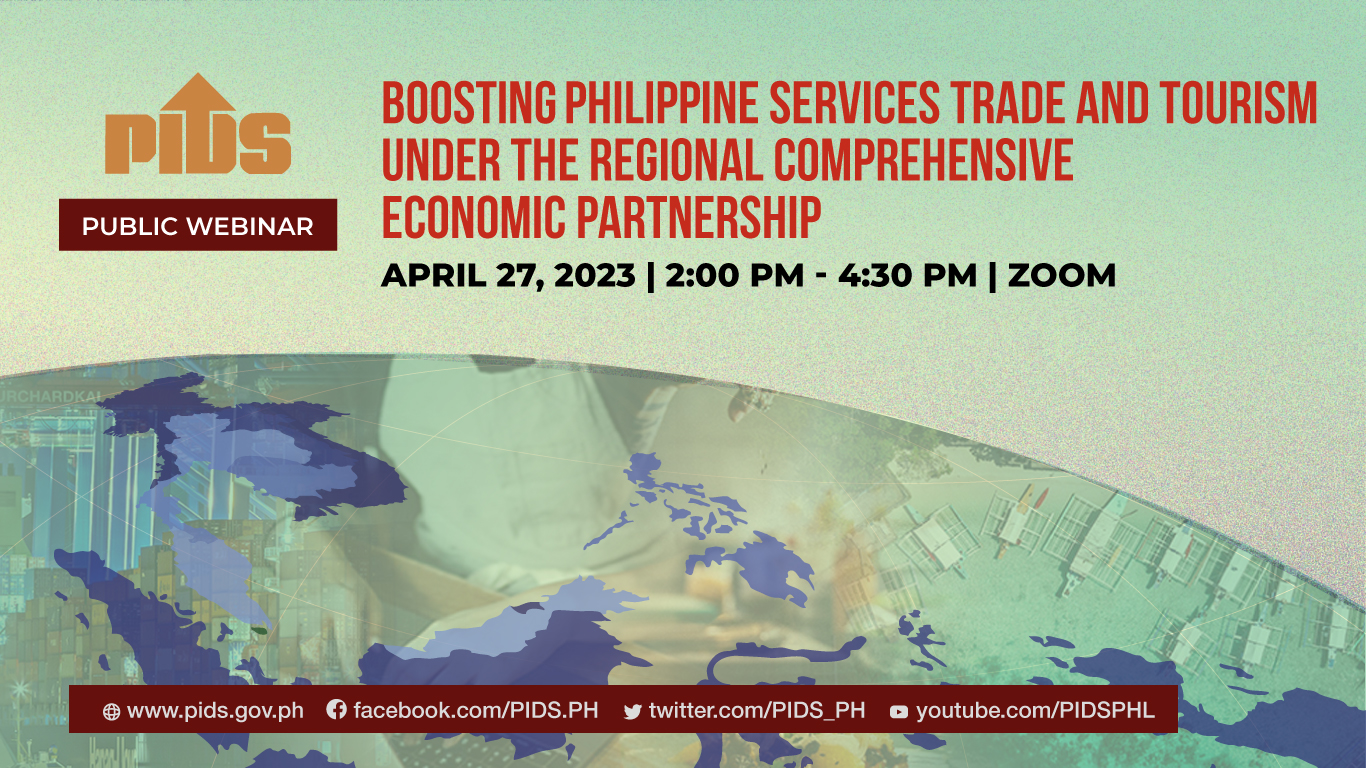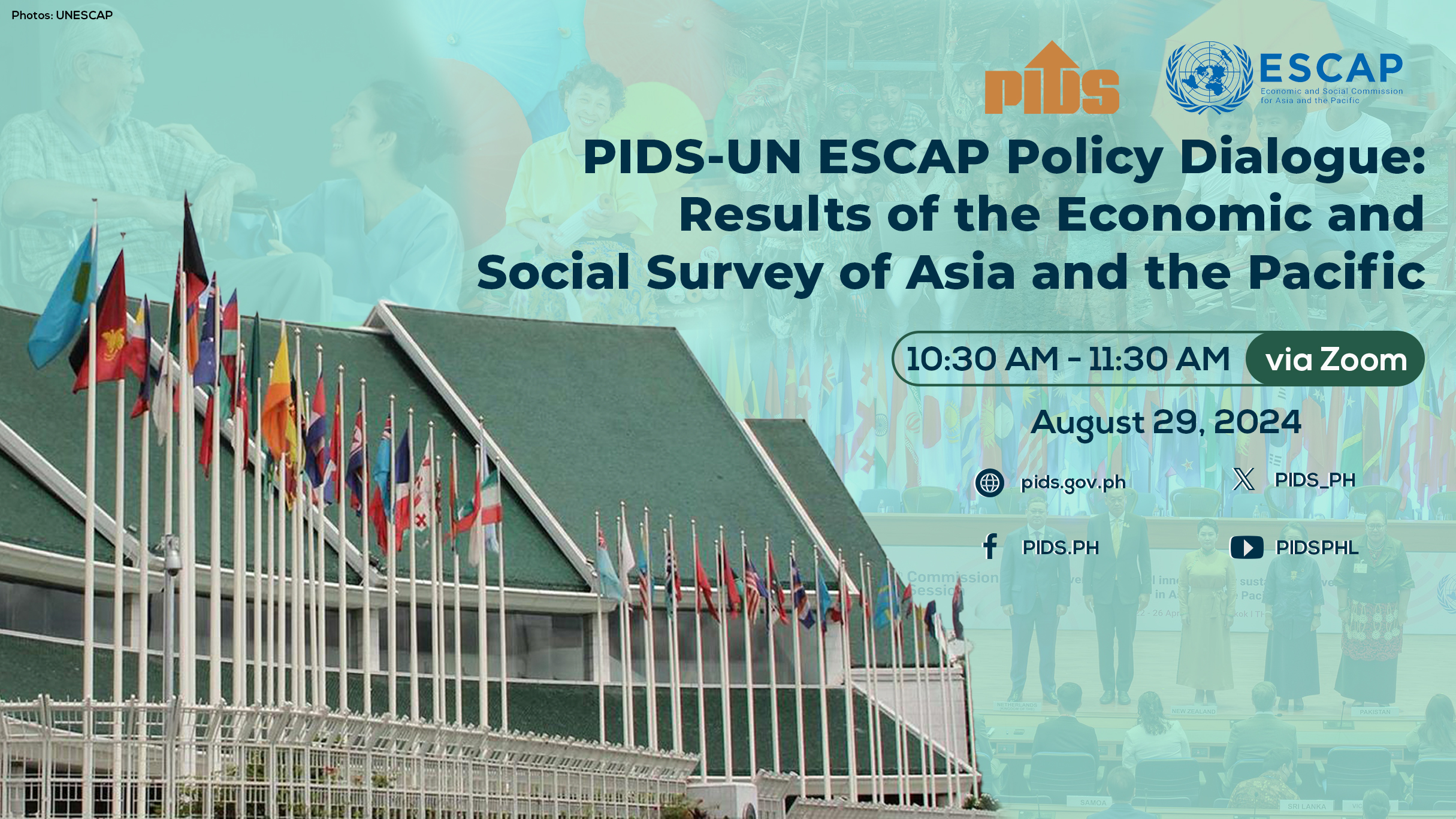Nineteen more groups have expressed their support for the economic managers and joined the call to Congress to carefully consider the costs of moving to a federal system of government.
The latest groups to join the call are Alyansa Agrikultura, Asia Pacific Real Estate Association, Bankers Association of the Philippines, Foundation for Economic Freedom, Institute of Corporate Directors,
Investment House Association of the Philippines, Judicial Reform Initiative, National Real Estate Association, Organizations of Socialized Housing Developers of the Philippines and People Management Association of the Philippines.
Other groups are the Philippine Constructors Association, Philippine Institute of Certified Public Accountants, Philippine Women’s Economic Network, Semiconductor and Electronics Industries in the Philippines Inc., Shareholders’ Association of the Philippines, Subdivision and Housing Developers Association, Tax Management Association of the Philippines, UP School of Economics Alumni Association and Women’s Business Council Philippines.
Seven business groups –Cebu Business Club, Employers Confederation of the Philippines, Financial Executives Institute of the Philippines, Makati Business Club, Management Association of the Philippines, Philippine Chamber of Commerce & Industry and Philippine Exporters Confederation Inc. – earlier issued a joint statement urging legislators to study the implications of the shift to federalism on the country’s finances.
“At this time when financial markets in developing countries are being roiled following the difficulties of Venezuela and Turkey, it is all the more important that all sectors are seen as solidly behind the call of our economic managers for fiscal prudence, more dialogues and a well-considered approach in the shift to federal form of government,” the groups said.
“Both the private and public sectors cannot be perceived as lacking in resolve on the fiscal front, seeing how financial markets are so sensitive,” they added.
Earlier, the seven business groups said the would-be multi-level government under a federal system is expected to incur costs amounting to P72 billion up to P130 billion, based on preliminary estimates of the state think tank Philippine Institute for Development Studies.
The country’s fiscal deficit is estimated to reach 6.7 percent of the gross domestic product, higher than the three percent target of fiscal managers and the internationally recognized prudent limit.
The groups are of the view that such fiscal imbalance would have dire consequences on the economy, as well as the government’s push for infrastructure development, particularly the flagship Build, Build, Build program.
“We encourage full, open and dispassionate dialogues on this proposed shift in form of government, keeping in mind its long-term impacts on future generations of Filipinos,” the groups said.
The groups added they are committed to do their part and work with both political and economic leaders to achieve inclusive economic growth.












